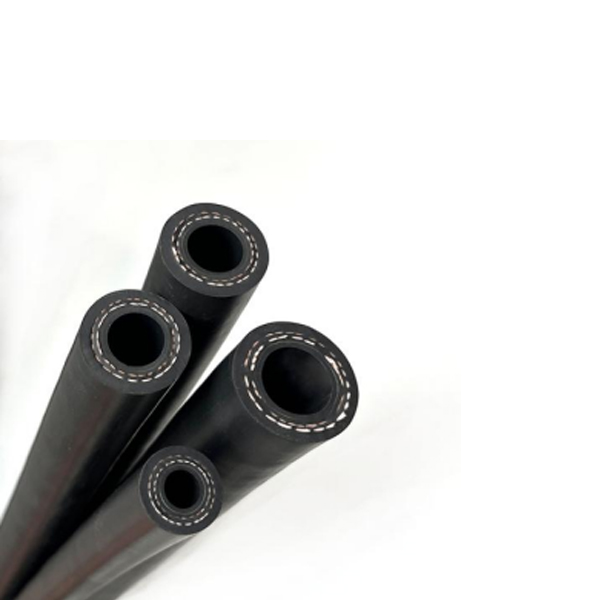Understanding Diesel Injector Return Hoses and Their Importance in Fuel Injection Systems
Dec . 19, 2024 15:29 Back to list
Understanding Diesel Injector Return Hoses and Their Importance in Fuel Injection Systems
Understanding Diesel Injector Return Hoses Function and Importance
Diesel engines are renowned for their durability and efficiency, but to achieve optimal performance, each component must work harmoniously. One crucial yet often overlooked component in this intricate system is the diesel injector return hose. This article explores the function, importance, and maintenance of diesel injector return hoses, providing valuable insights for vehicle owners and diesel mechanics alike.
What is a Diesel Injector Return Hose?
The diesel injector return hose is a vital part of the fuel delivery system in diesel engines. It is designed to facilitate the return of excess fuel back to the fuel tank or fuel system, ensuring that the injectors have a consistent supply of fuel. Each fuel injector is responsible for delivering a precise amount of diesel fuel into the combustion chamber, and during this process, not all fuel is consumed. The return hose helps manage this surplus.
Typically made from rubber or reinforced plastics, these hoses are engineered to withstand high pressures and temperatures. They are often subjected to the harsh conditions of a diesel engine, which can lead to wear and tear over time. Understanding the role of the return hose is essential for maintaining overall engine health.
Functionality of the Return Hose
The primary function of a diesel injector return hose is to manage the fuel flow and maintain pressure within the fuel injection system. Here’s a detailed look at its functionality
1. Fuel Regulation The return hose ensures that excess fuel is directed back to the fuel tank or return circuit. By doing so, it helps regulate the pressure within the fuel rail, preventing too much pressure from building up in the system, which can lead to inefficient fuel delivery or even damage to the injectors.
2. Temperature Control Diesel fuel can heat up during the injection process. The return hose allows cooler fuel from the tank to mix with warmer fuel, helping to maintain an optimal operating temperature and preventing overheating of the injectors.
3. Fuel Quality Maintenance By cycling fuel back to the tank, the return hose helps keep the fuel fresher and prevents the stagnation of fuel within the system, which can lead to contamination and performance issues.
diesel injector return hose

Importance of Maintaining the Return Hose
Proper maintenance of the diesel injector return hose is essential for several reasons
1. Preventing Leaks Over time, the materials in the return hose can degrade, leading to cracks or leaks. A damaged hose can result in fuel loss, which not only affects engine performance but also poses a safety hazard.
2. Increasing Efficiency A well-functioning return hose ensures that fuel is delivered efficiently to the injectors, optimizing combustion and improving fuel economy. Conversely, a malfunctioning hose can lead to poor fuel atomization, increased emissions, and reduced horsepower.
3. Extending Engine Life Regular checks and timely replacements of the return hose can prevent potentially catastrophic engine failures caused by fuel system issues. This preventative maintenance can save vehicle owners both time and money in the long run.
Signs of a Failing Return Hose
Being aware of the signs of a failing diesel injector return hose can help you address issues before they escalate. Common indicators include
- Fuel Odor A noticeable smell of diesel fuel around the engine bay can signal a leak in the return hose. - Poor Engine Performance A decrease in power or fuel efficiency may point to issues with the fuel delivery system, including the return hose. - Visible Damage Cracks, fraying, or discoloration of the hose material are clear signs that the hose may need replacement.
Conclusion
The diesel injector return hose may seem like a small component in the grand scheme of a diesel engine’s operation. However, its role in fuel regulation, temperature control, and overall engine performance is significant. Understanding its importance and ensuring regular maintenance can lead to a more efficient engine, prolong its life, and enhance safety on the road. Vehicle owners should be proactive in inspecting their fuel systems regularly, as this small piece of rubber or plastic is essential for keeping their diesel engines running smoothly and effectively.
